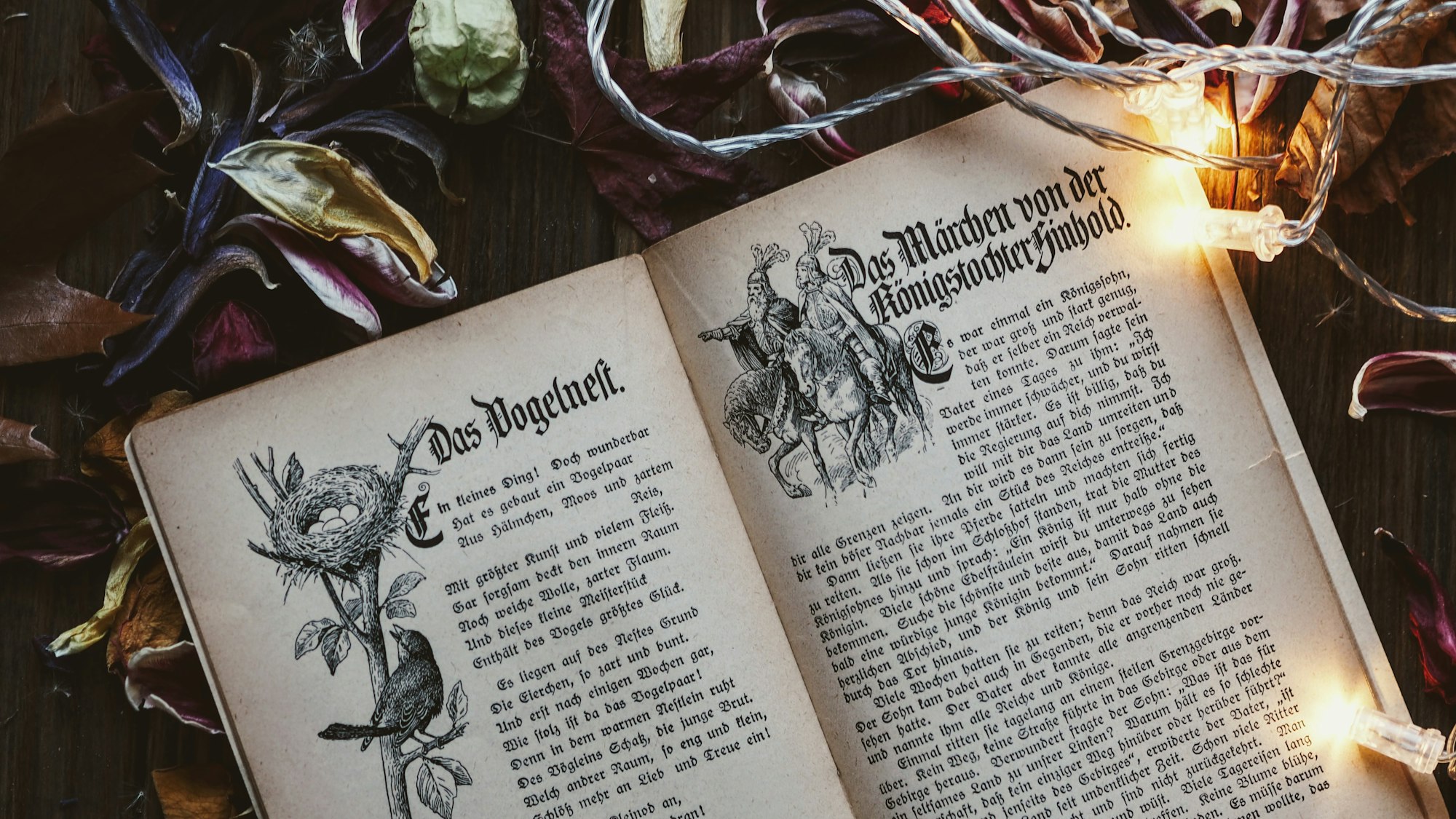Jon Gottschall wrote a book called The Story Paradox, in which the humble story itself is the villain.
He wants us to stop asking, “How we can change the world through stories?” and start asking, “How can we save the world from stories?”.
The premise has me on the back foot, as a lover of long tales, but my ears are open. I might be convinced.
“We’ve been telling the same old stories for as long as humans have existed”. The universal nature of stories captures our attention. One universal story arc is that things worsen before they get better.
Many memorable stories in history follow this arc - the Book of Genesis, Norse/Greek mythology and Hamlet to name some. However, an argument could be made that the most influential stories in history do too, and that’s what makes them so dangerous. They convince us to hope, to go against the odds, and to do “whatever it takes” to win. They convince us to be irrational.
Stories aren't to be relied upon because they tell us what we want to hear, not what we should hear. Innocent plots can be easily moulded to turn one tribe against another. It seems that in defending his view, Gottschall falls for his own story. He fails to consider similar positions, as well as opposing arguments. He tries to brush over unpleasant facts by claiming others have done the same. Ultimately, his position and argumentation reveal his innate bias for right-wing politics and a heavy reliance on data.
As Gottschall prefers data over stories, he misses the point by trying to negate the emotional impact of stories. In choosing sides, he disregards how psychology, data and stories can all complement each other to create stories that are compelling, honest and achievable. Instead, he believes the only compelling stories which exist are those which exist with the intent to manipulate.
There doesn’t appear to be space for the underling in the story he tells us, only the seismic influence of external forces.
In regards to the stories we share, he still believes we should tell them, but we should think of them in more absolute, measurable terms. However, he leaves a lot to be desired, especially as he doesn’t clarify the differences between fact, science and common sense.
Stories can indeed be used for evil. However, they also bring out the best in humans. They make us hope, and dream, and reach for things beyond our grasp. Everything we learn is told through story. Even data is crafted to present a story. Just like Gottschall pulls on them to support his own points.
Even if stories were a little dishonest, perhaps that's the point. An entirely honest world would be one without nuance. It would be bland, unpalatable, and manifestly unfair. If the chips were stacked against you, you would simply accept statistical damnation. If you were meant to win you would win. If you were meant to lose you would suffer.
I don't want to suffer, and a life without wrinkles is boring. History and journalism, fables and old yarns have stood the test of time. Stories are a natural consequence of the way we interact with hard facts and cold truths. Stories help us learn. They're the mechanism for our imagination. They let us build better worlds.
I haven't yet been convinced that impartial and uninterpreted 'data' has anything better to offer. Harry Potter casting his first Patronus did more for my spirit than a million spreadsheets could hope to accomplish.
To be completely rational is to be boring, and that's a fate worse than death.
Further Reading
We Should All Be Feminists: Chimamanda Ngozi Adichie
The Coddling of the American Mind








